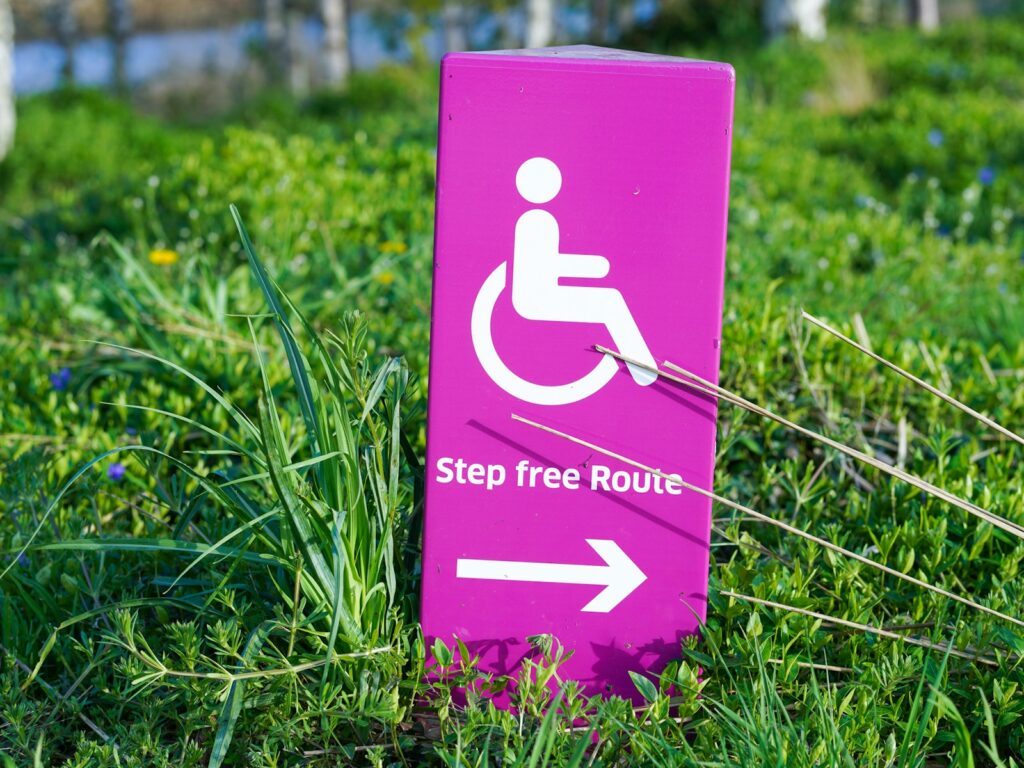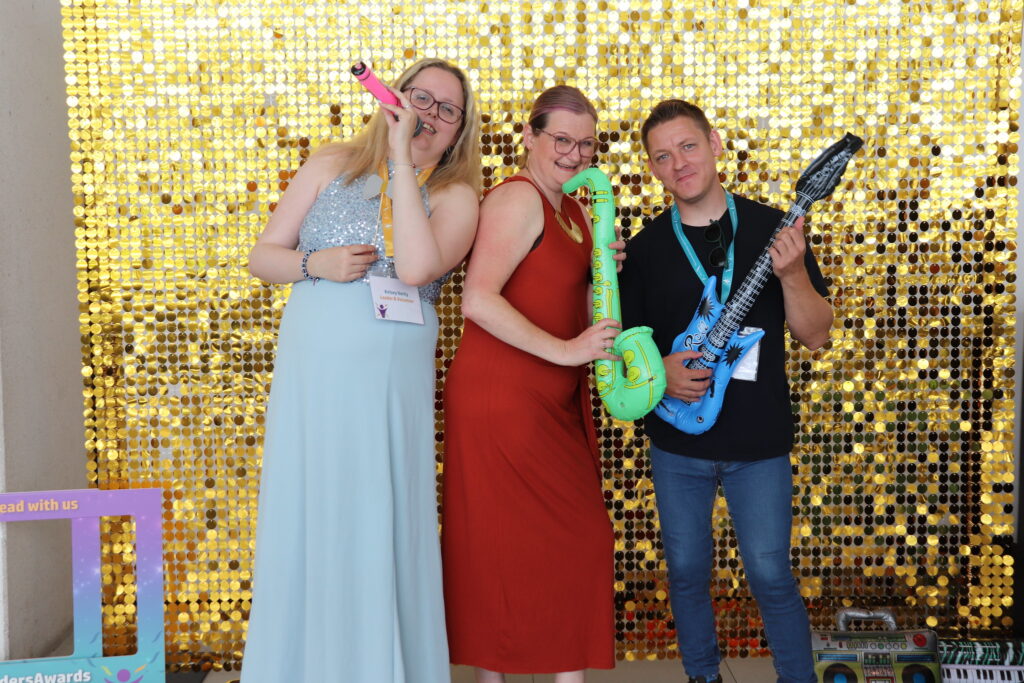Ali Gunn, Public Affairs and Policy Lead at United Response, a charity dedicated to helping young people and adults with disabilities, has shared her view that the government must do more to ensure disabled people’s voices are not cast aside in the upcoming local elections.
A start of a new year is often seen as a chance to rectify old mistakes and make a fresh start, so this year, let’s make it a resolution to start listening to the needs of disabled voters.
Unfortunately, even though we have begun a new year, we are facing an ongoing issue. There are approximately 1.5 million people in the UK with a learning disability and over 700,000 autistic people and yet less than two thirds of the general public know that they have an equal right to vote.
This ingrained view is reflected in experiences I have heard from people we support, some of whom are too worried about accessibility of the polling station to go in person or put off going to vote until later in the day so it’s quieter, because they were scared about being discriminated against. These stories of worry and confusion are not unique to one location but are a sign of a systemic problem.
Many voters with learning disabilities simply do not get enough information to help them vote, as website materials and leaflets are swamped with small print and jargon which effectively act as an inaccessible blockade.
However, there have been steps in the right direction. The Elections Act 2022 enforces a duty to provide guidance for polling staff on the requirement to provide equipment and assistance to disabled voters but there have also been steps backwards.
For the first time this year people with learning disabilities and autism are facing a new barrier to overcome, in ensuring they have or can apply for voter ID before they can cast their vote.
Local elections across the country, which are set to happen in May, will be the first test of voter ID for overstretched councils with limited budgets to spend on accessible materials. Research conducted by Dimensions, a not-for-profit organisation that works to support people with autism and learning disabilities, has revealed that voter turnout of people with autism is 40% lower than that of the general population. This statistic was discovered before people with disabilities were asked to navigate the new legislative requirements to bring ID to the polling booth.
Constituents without appropriate voter ID have just over three months to apply for a Voter Authority Certificate (VAC), so we hope local councils will do all they can to work with the Electoral Commission and the disability sector to make sure residents with a learning disability have all the information they need to apply. But with the government’s online application form for a VAC still not launched we have real concerns that people will miss their opportunity to vote.
To tackle these issues, United Response has joined forces with various charities including, Ambitious about Autism, Dimensions and Mencap, to deliver My Vote My Voice – a campaign to increase voter participation by the next general election.
Our aim is to ensure everyone with a learning disability or autism can access the information they need so they can vote without discrimination. Along with developing data on voter registration, turnout and experience in the polling booth following the changes brought about by the Elections Act 2022.
MPs across parties have already signed up to be Accessible Voting Champions for the campaign but we need to keep this momentum up to the next general election. To ensure Easy Read manifestos are published alongside, not after, the manifesto launch and see candidates hold accessible hustings for autistic and learning-disabled constituents to ask questions about policy and what their public representatives can do for them.
People with learning disabilities are already amongst the most disadvantaged groups in the UK facing barriers in health, education, and employment. This is why their voice is so important to enact real change.
We do not know when the next general election will be but we do know there is a lot of work to be done in that time making sure that it is truly accessible. Voting is where hope lies. It is where change happens. If voting is inaccessible, then our society simply is not democratic.
Photo by Arnaud Jaegers and Nathan Anderson

















Leave a Reply